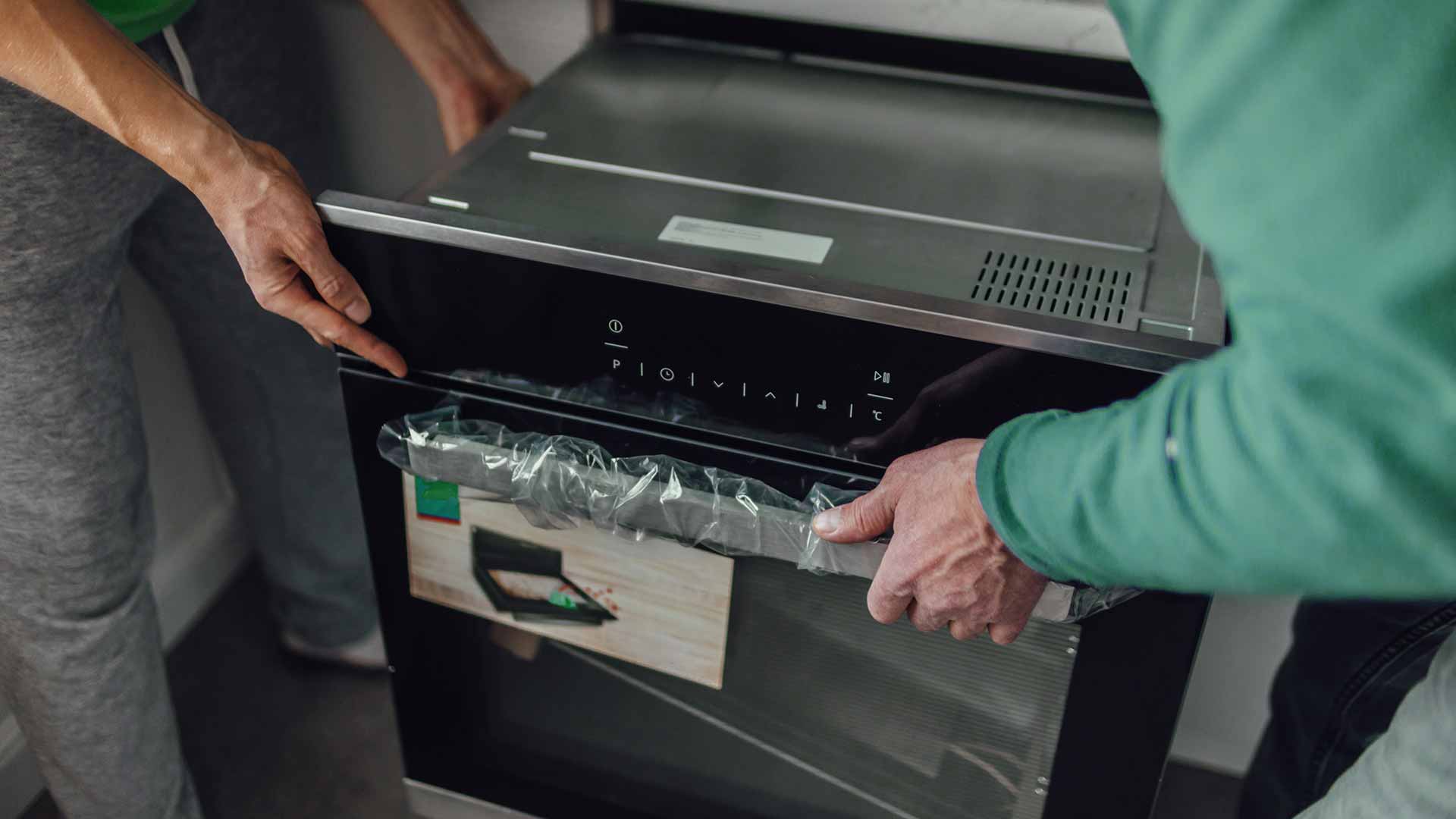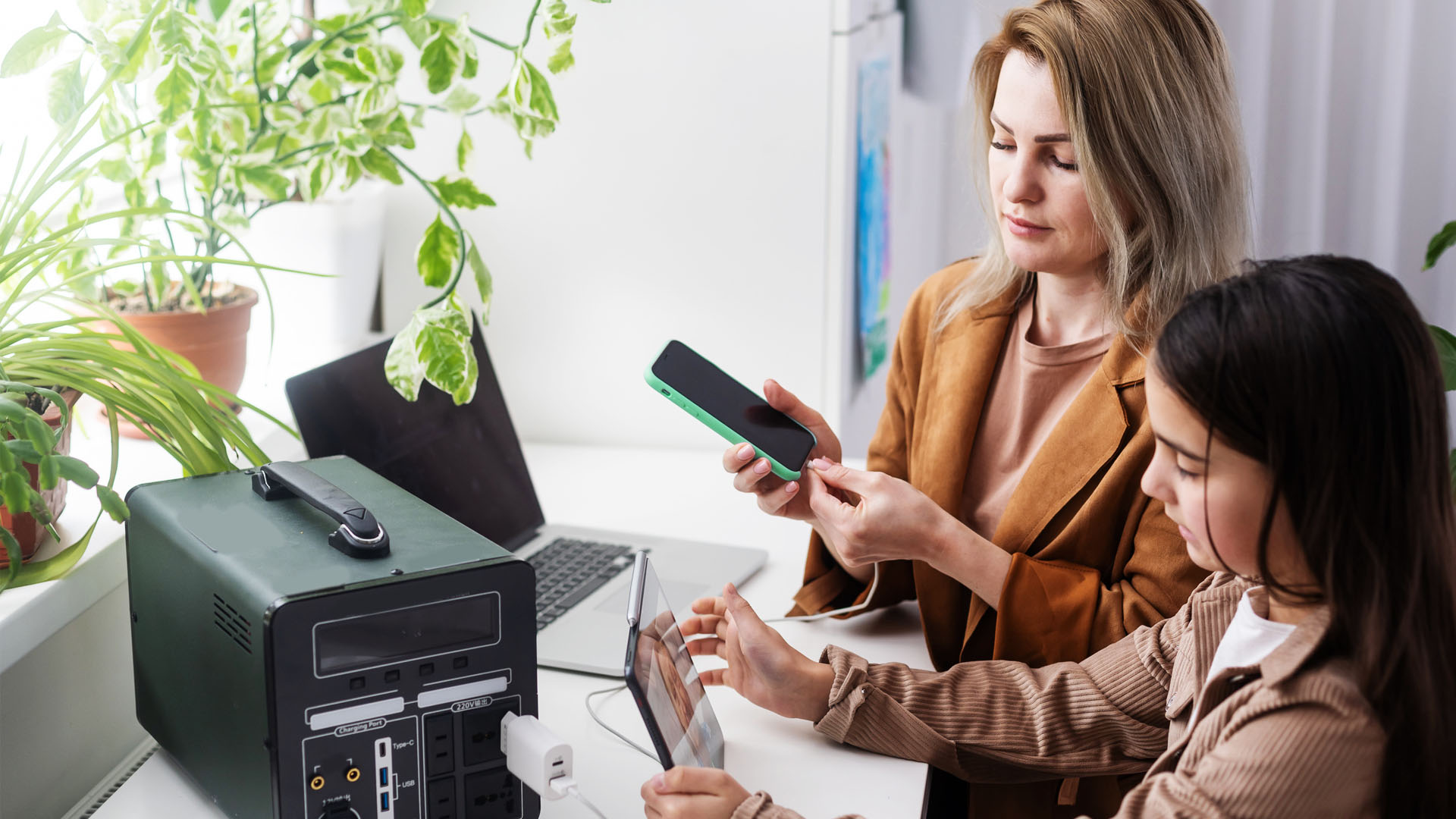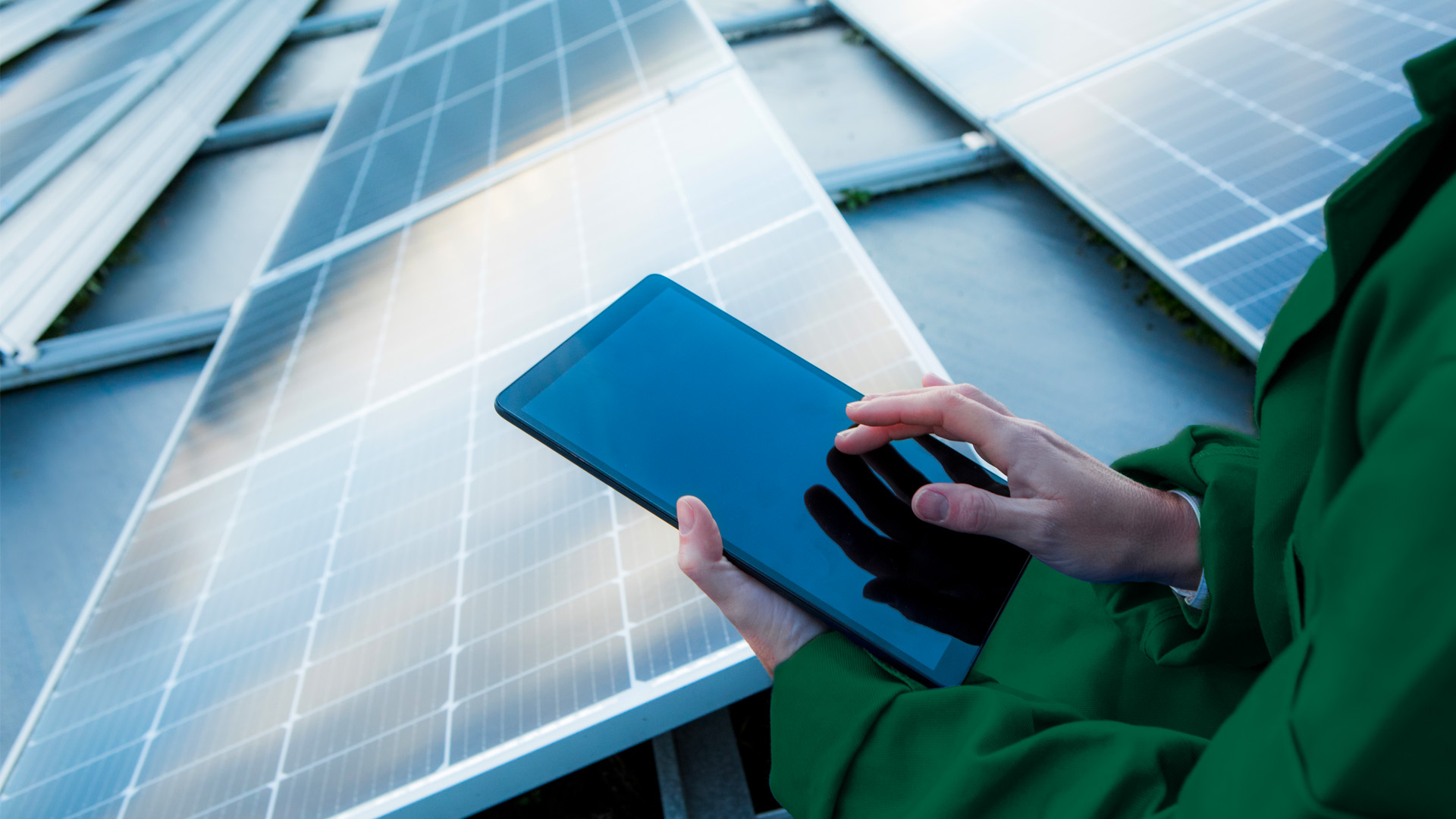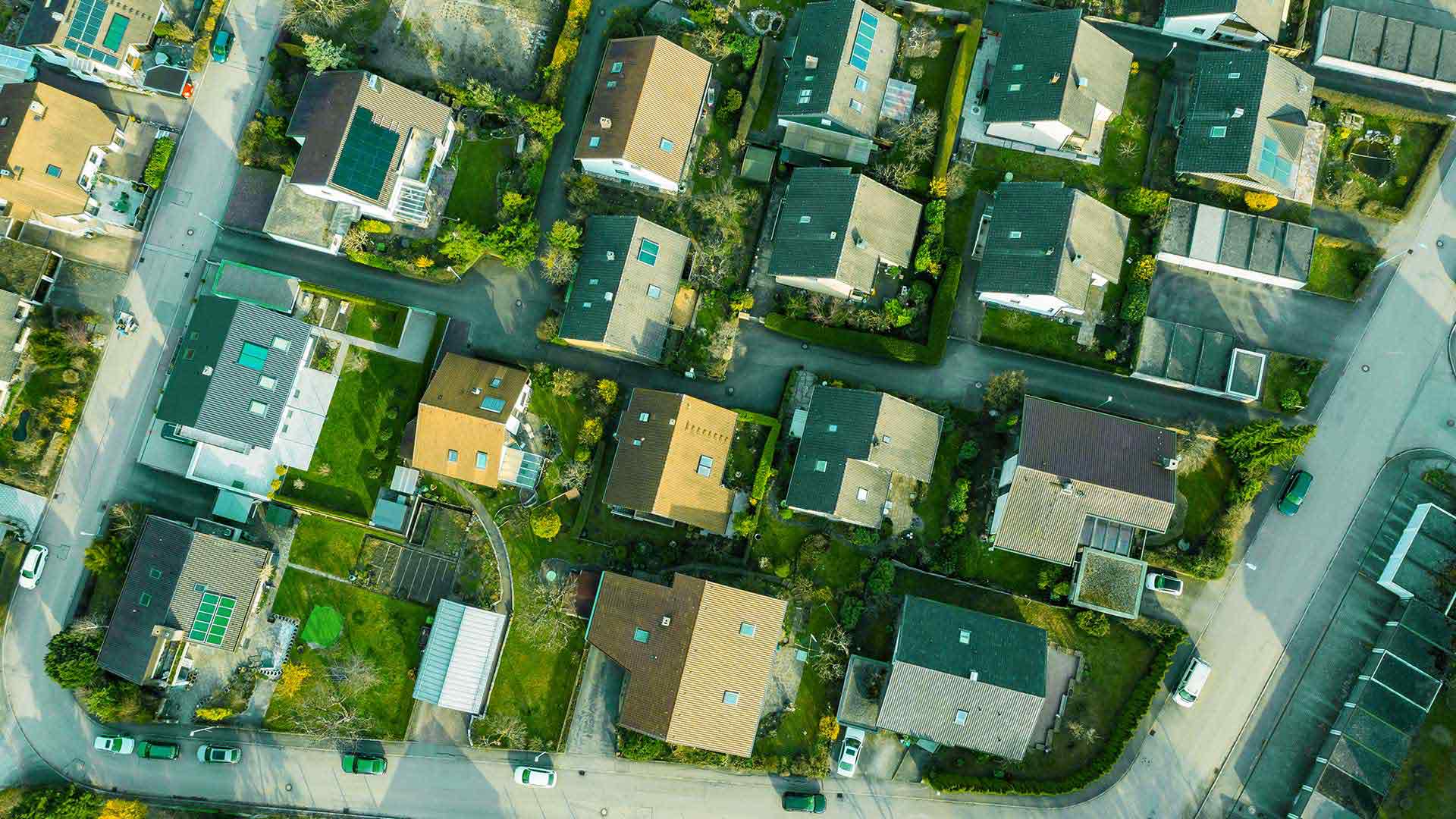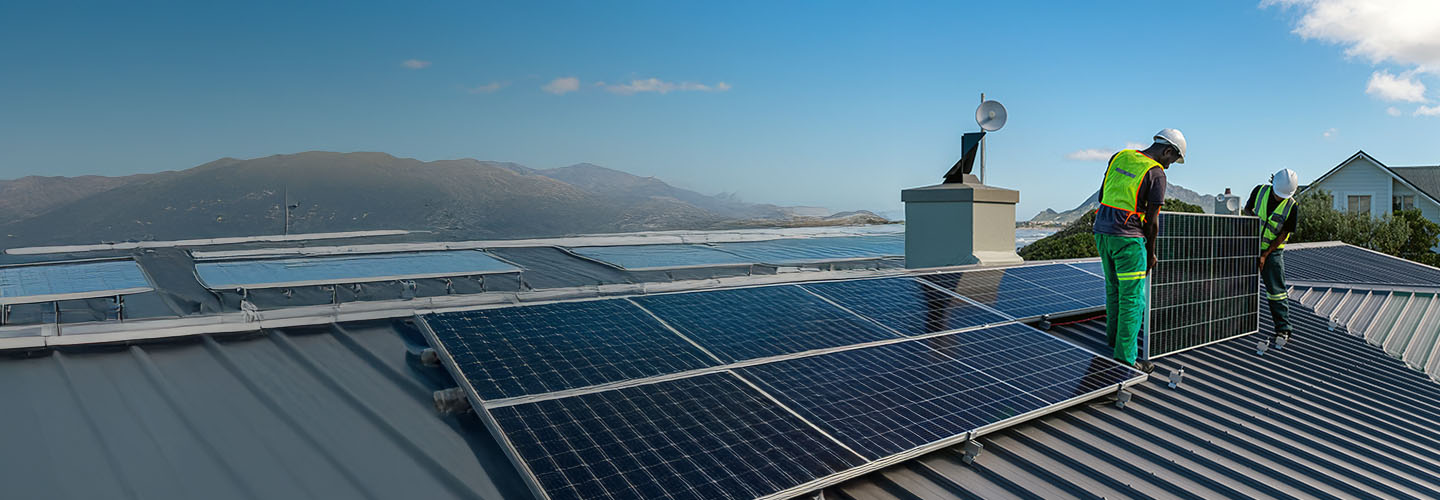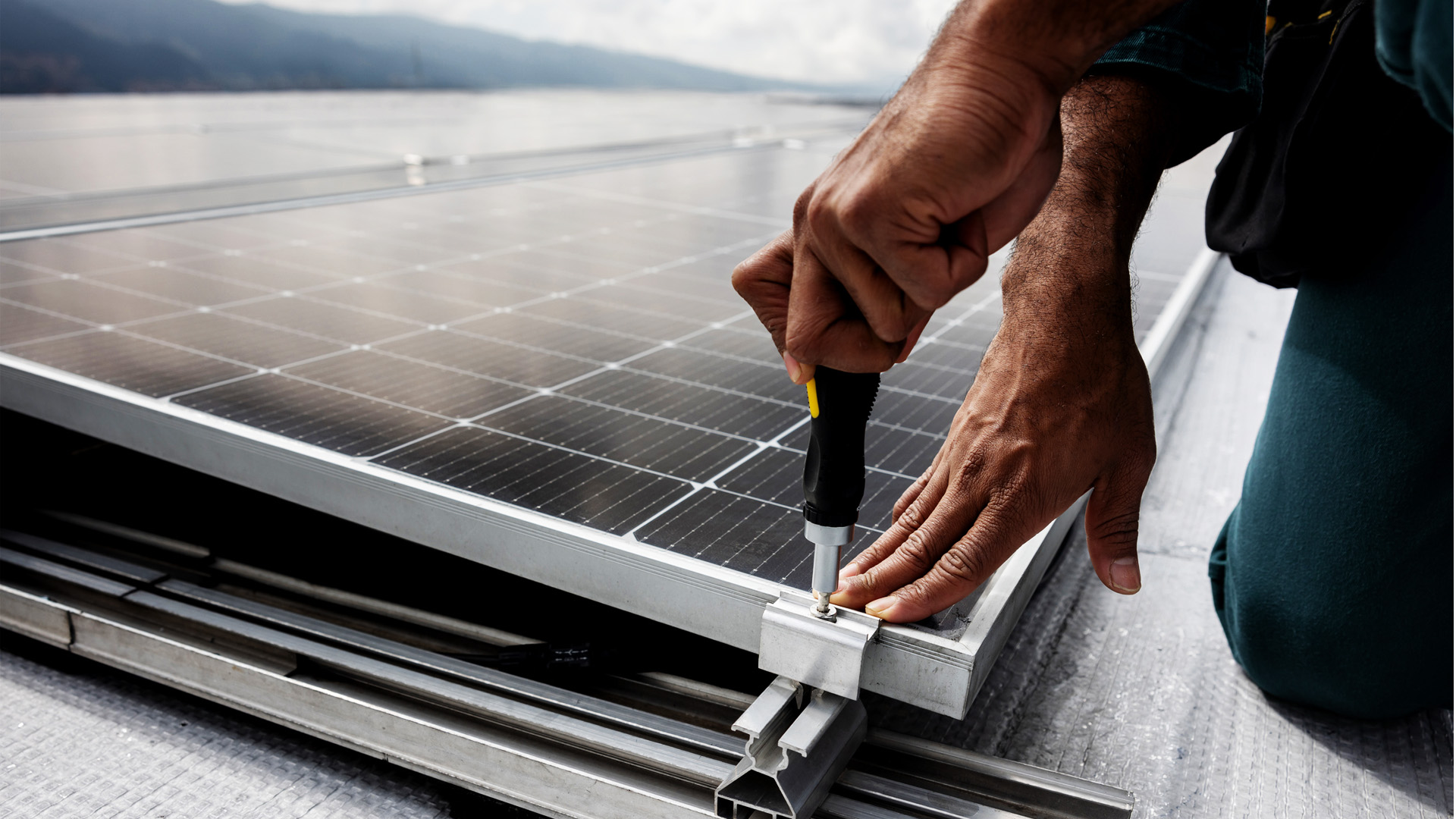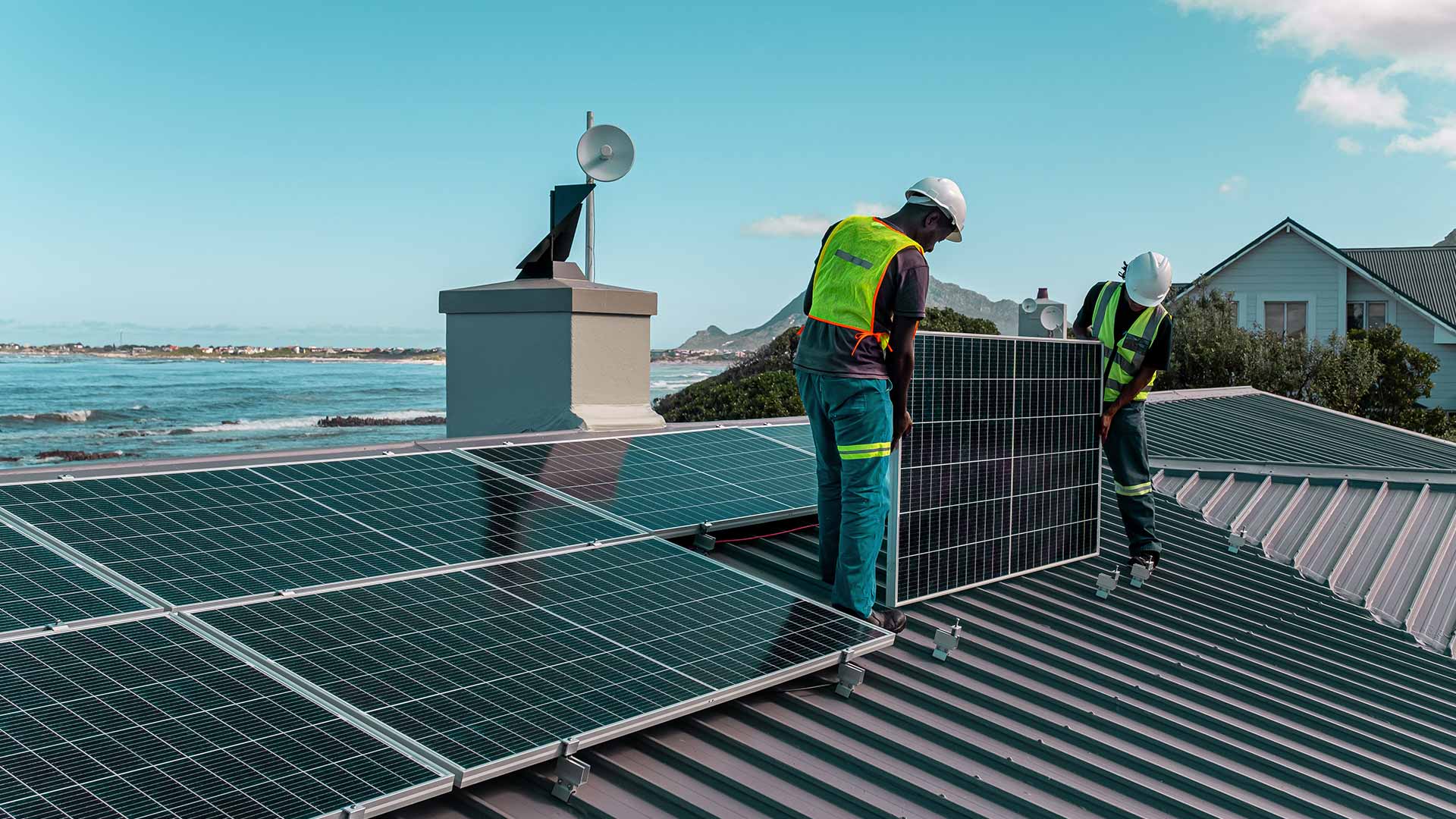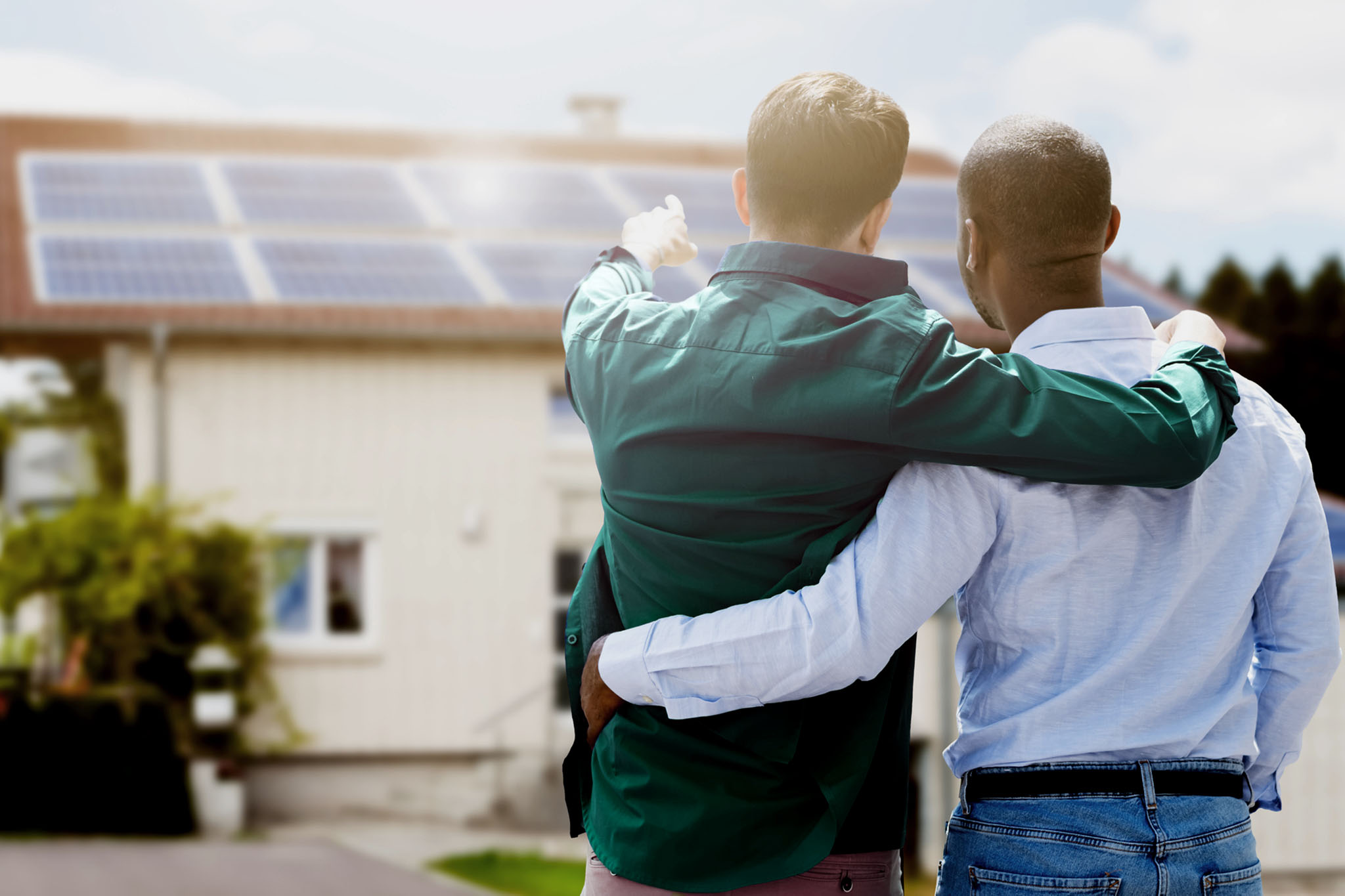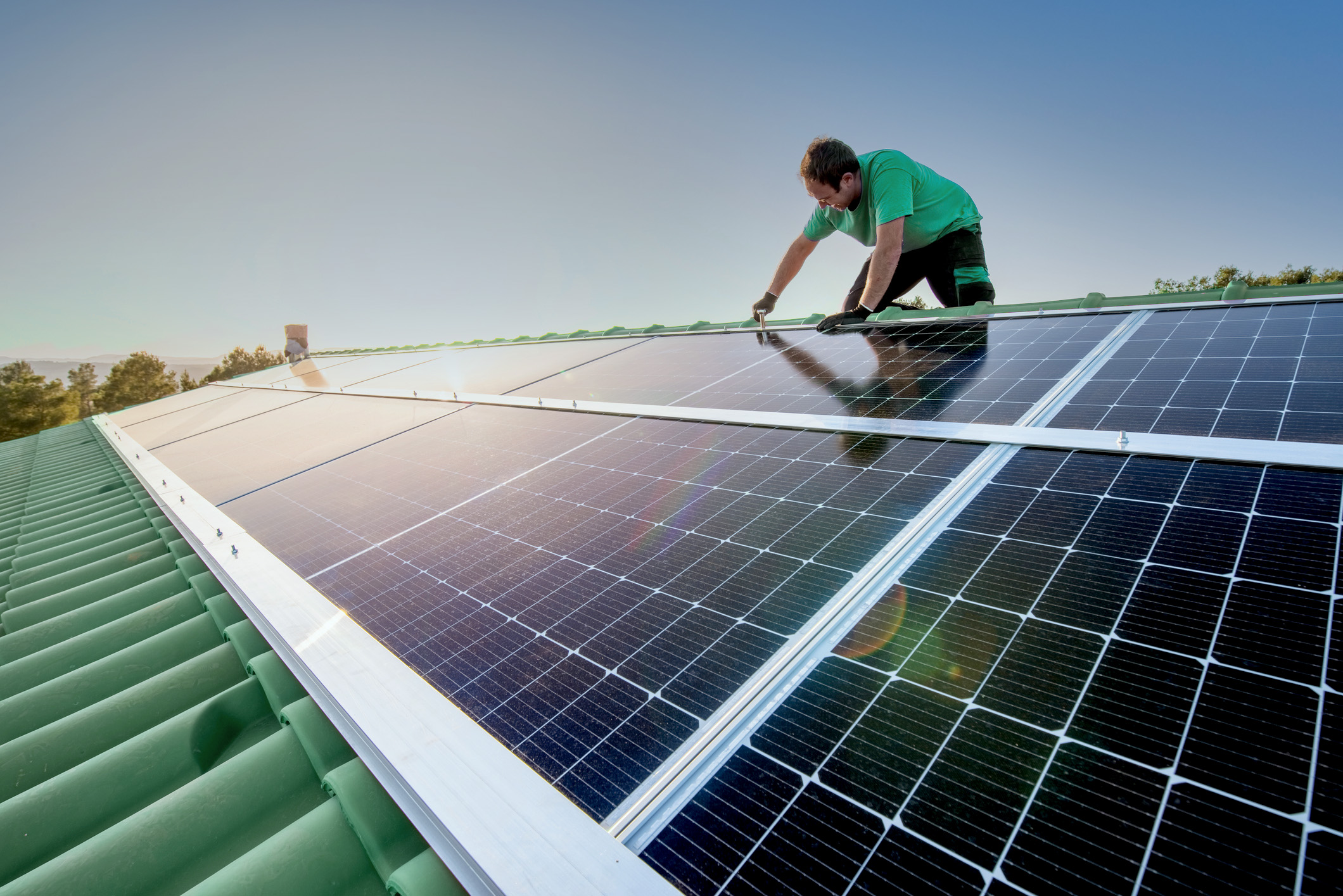Bank your way with low fees and extra benefits.
Enjoy 55 days’ interest free credit and other benefits.
Bank on any device, from anywhere at anytime.
Buy foreign banknotes, transfer funds or shop globally with a travel card.
Affordable loans and interest rates from R2k to R400k.
Buy or build your home with up to 109% financing to cover bond and transfer costs.
Debt management support when you need it the most.
Cover for you and your family in the event of death.
Car, building, house contents, valuables and more.
Bond, credit card, overdraft, loan and car repayments.
Guaranteed income and growth plans for future income.
Achieve your financial goals with expert planning.
We’ll help manage your assets, debts and estate planning.
Let our experts guide you on any financial matter.
Accounts
-
Everyday banking Simpler more affordable
-
Kids accounts For children under 16
-
Youth banking For 16 to 26 year olds
-
Seniors accounts For 55 years and older
-
Private Clients Personalised banking services
-
Private Wealth The globally integrated account
Credit cards
Greenbacks
Switch to Nedbank
Fraud awareness
Forex
-
Send and receive international payments -
Get foreign banknotes and travel cards| Nedbank - Forex rates | Nedbank
- Send and receive international payments
-
Apply for a foreign currency account | Nedbank
Accounts
-
On demand Money available at any time
-
In 24 hours Cash in your hand the next day
-
In 32 days Funds ready within a month
-
End of term Investments left until maturity
Share trading
Secure investments
Investment services
Personal loans
Home loans
-
Buy With you from search to purchase
-
Build Bring your dream home to life
-
Switch Move your home loan to us
-
Manage All the value-adds, 24/7
-
Further lending Flexible and affordable solutions
Overdrafts
Vehicle finance
Solar finance
Debt assistance
- Flexible payment plans for loans and credit | Nedbank
- Consolidate all your debts into a simple loan
- Short-term payment relief | Nedbank
- Take charge and restructure your finances | Nedbank
- Assisted-sales solutions for homes and vehicles | Nedbank
- Understanding how repo rate works | Nedbank
- We have payment solutions to get you back on track
Funeral cover
Short-term insurance
Credit Life
Travel insurance
Business cover
Secure investments
Financial planning
Estate, wills & trust services
Nedbank Private Wealth
Speak to a financial adviser
Rewards and benefits
See prepaid bundles
Check roaming coverage
Frequently asked questions
Check NedFinHealth score
Chat to Enbi
Contact us
Find a branch
Read our blog
- Login & Register
- Online Banking
- Online Share Trading
- NetBank Business
- NedFleet
- Nedbank Greenbacks
- Nedgroup Investments
- Nedbank ID
- Bank
- Accounts
- Credit cards
- Greenbacks
- Digital banking
- Switch to Nedbank
- Fraud awareness
- Forex
- Explore Bank
- Accounts
- Everyday banking
- Kids accounts
- Youth banking
- Seniors accounts
- Private Clients
- Private Wealth
- See all accounts
- Premium banking
- Get help choosing
- Goal saving
- Family Banking
- Foreign nationals
- FAQ
- How-to guides
- Discontinued accounts
- Everyday banking
- MiGoals Premium
- MiGoals Plus
- MiGoals
- Kids accounts
- MiGoals4Kids
- Youth banking
- Unlocked.Me
- MiGoals Premium
- MiGoals
- MiGoals Plus
- Seniors accounts
- MiGoals Premium Senior
- MiGoals Plus
- Tailored banking for seniors | Nedbank
- Private Clients
- Pay-as-you-use
- Young Professionals
- Private Bundle and Private One
- Private Bundle
- Private One
- Private One | Young
- Private Bundle | Young
- Private Wealth
- Private Wealth Bundle
- American Express
- Amex Gold
- Amex Platinum
- Greenbacks
- Exclusive discounts
- FAQ
- How-to guides
- Digital banking
- Resume application
- Resume application
- Switch to Nedbank
- Fraud awareness
- Forex
- Send and receive international payments
- Get foreign banknotes and travel cards| Nedbank
- Forex rates | Nedbank
- Send and receive international payments
- Apply for a foreign currency account | Nedbank
- Send and receive international payments
- Safe and secure incoming international payments
- Secure outgoing international payments
- To Africa
- Get foreign banknotes and travel cards| Nedbank
- Apply for a Travel Card | Nedbank
- Buy foreign bank notes | Nebank
- Forex rates | Nedbank
- Send and receive international payments
- Apply for a foreign currency account | Nedbank
- Foreign Currency Account Application
- On demand
- JustSave
- Group Savings
- In 32 days
- 32Day Notice
- End of term
- Tax-free Fixed Deposit
- Electronic Fixed Deposit
- Electronic Optimum Plus
- Platinum Fixed Deposit
- Fixed Deposit
- OptimumPlus
- Share trading
- Secure investments
- Guaranteed Income Plan
- Guaranteed Growth Plan
- Call me back
- Get a call back
- Explore MyCover Funeral
- Guaranteed Income Plan
- Guaranteed Growth Plan
- Call me back
- Investment services
- Borrow
- Personal loans
- Home loans
- Student loans
- Overdrafts
- Vehicle finance
- Solar finance
- Debt assistance
- Explore Borrow
- Personal loans
- Loan consolidation
- Personal loans
- Home improvement loan
- Explore loans
- FAQ
- How to guides
- Loan consolidation
- Personal loans
- Home improvement loan
- Home loans
- Buy
- Build
- Switch
- Manage
- Further lending
- Explore home loans
- Request a call back
- Track application
- FAQ
- How to guides
- Buy
- Explore buy
- First time home buyer
- Repeat buyer
- Renewable energy financing
- HomeVision
- Home-buying Toolkit
- Edge properties
- Repossessed properties
- Switch
- Explore switch
- Further lending
- Explore further lending
- Student loans
- Explore student loans
- Overdrafts
- Vehicle finance
- Solar finance
- Debt assistance
- Flexible payment plans for loans and credit | Nedbank
- Consolidate all your debts into a simple loan
- Short-term payment relief | Nedbank
- Take charge and restructure your finances | Nedbank
- Assisted-sales solutions for homes and vehicles | Nedbank
- Understanding how repo rate works | Nedbank
- We have payment solutions to get you back on track
- Flexible payment plans for loans and credit | Nedbank
- Consolidate all your debts into a simple loan
- Short-term payment relief | Nedbank
- Take charge and restructure your finances | Nedbank
- Assisted-sales solutions for homes and vehicles | Nedbank
- Understanding how repo rate works | Nedbank
- We have payment solutions to get you back on track
- Insure
- Life cover
- Funeral cover
- Short-term insurance
- Credit Life
- Travel insurance
- Business cover
- Secure investments
- Explore Insure
- Life cover
- Get a call back
- Explore MyCover life
- Funeral cover
- Individual R10,000
- Individual R30,000
- Family Cover
- Build your own cover
- Get a call back
- Explore MyCover Funeral
- Individual R10,000
- Individual R30,000
- Family Cover
- Build your own cover
- Short-term insurance
- Vehicle insurance
- Building insurance
- House contents insurance
- Valuables insurance
- Alternative energy insurance
- Legal expenses | Nedbank Insurance
- Get a call back
- Explore MyCover short term insurance
- Vehicle insurance
- Building insurance
- House contents insurance
- Valuables insurance
- Alternative energy insurance
- Legal expenses | Nedbank Insurance
- Credit Life
- Home loan credit life
- MFC Vehicle Finance Assurance
- Overdraft Assurance
- Balance Protection Plan
- Personal loan Assurance
- Get a call back
- Explore credit life
- Home loan credit life
- MFC Vehicle Finance Assurance
- Overdraft Assurance
- Balance Protection Plan
- Personal loan Assurance
- Travel insurance
- Business cover
- Secure investments
- Guaranteed Growth Income Plan
- Guaranteed Growth Plan
- Get a call back
- Explore MyCover Funeral
- Guaranteed Growth Income Plan
- Guaranteed Growth Plan
- Plan
- Financial planning
- Estate, wills & trust services
- Nedbank Private Wealth
- Speak to a financial adviser
- Explore Plan
- Financial planning
- Investment planning
- Insurance planning
- Give
- Retirement planning
- Investment planning
- Insurance planning
- Give
- Retirement planning
- Estate, wills & trust services
- Will drafting
- Ensure your estate is managed by an executor | Nedbank
- Trust services
- Financial accounting
- Tax services
- Leave the admin of your estate to us, and not to your loved ones | Nedbank
- Will drafting
- Ensure your estate is managed by an executor | Nedbank
- Trust services
- Financial accounting
- Tax services
- Leave the admin of your estate to us, and not to your loved ones | Nedbank
- Nedbank Private Wealth
- Speak to a financial adviser
- Nedbank Connect
- Rewards and benefits
- See prepaid bundles
- Check roaming coverage
- Frequently asked questions
- Explore Nedbank Connect
- Rewards and benefits
- See prepaid bundles
- Check roaming coverage
- Frequently asked questions
- Help Centre
- Check NedFinHealth score
- Chat to Enbi
- Contact us
- Find a branch
- Read our blog
- Explore Help Centre
- Check NedFinHealth score
- Chat to Enbi
- Contact us
- Find a branch
- Read our blog
- Everything you need to know about student loans
- Can gaming make your kid a budding financial expert?
- Airline inconveniences: Can you get compensation?
- Need to travel urgently? A personal loan could
- Everything you need to know about student loans
- Can gaming make your kid a budding financial expert?
- Airline inconveniences: Can you get compensation?
- Need to travel urgently? A personal loan could
Solar panels add some challenges to moving house
Solar panels add some challenges to moving house
Staff writer
3 mins
What do you do with your solar energy system if your sell or rent out your house?
Years of planned and unplanned power outages have encouraged many South African homeowners to turn to renewable energy solutions – mostly solar installations on residential properties. But if you’ve installed a solar system for your home and you decide to sell the property, what happens to your sustainable electricity solution?
It pays to be aware of the different options before you commit to any solar installation.
Selling your house and solar system
If you’re selling your house with an installed residential solar system and you decide to sell the panels, batteries, and inverter along with the house, there are a couple of factors to consider:
- Deciding the value of your system, to build it into the house price – is it old, still under guarantee for maintenance, and does it have a valid electrical compliance certificate?
- Do you have a service-level agreement in place with your installer, to manage the transition to a new owner?
- Selling the equipment and system with the house means you won’t have to remove any installed components and pay for any possible damage in the process.
Taking your solar system with you
This scenario can crop up if there is no solar at your new property and you want to spare yourself the cost of new equipment, or perhaps if potential buyers are being discouraged by the higher price of your home with your system included. Whatever the reason, in this scenario, do the following:
- Check whether your panels are compatible with your new roof.
- Have a clause in your property sale agreement specifying that your home solar system is not included in the sale.
- Remove the system before the electrical compliance inspection ahead of the transfer.
- Cover the cost of any damage caused by removal of the system and get a guarantee for the roof.
Remember that moving a solar panel system to another roof can be expensive. It includes costs like disassembly, packing, transport to your new property and reinstallation.
What if you lease a home solar system?
If you lease your system, you don’t own the panels, inverter, battery, or other components. If you do want to take your leased solar system with you, ask your provider or installer whether moving the panels to your new location will be possible, and what it will cost. If you don’t want to move the system, you’ll usually have the option to buy out the lease. Alternatively, you could negotiate with the buyer to take over the lease, so that they enjoy the benefits of lower energy costs.
Ownership vs rental
It can be difficult to decide whether to lease a solar energy system or buy it outright. Here’s a checklist of pros and cons:
- Owning means reduced electricity bills over the long term – once the cost of the system has been paid, you get all the savings benefits, which include being spared any future Eskom tariff increases. If you rent your system, the rental cost reduces those savings.
- The cost of a lease will typically rise over time because of inflation, but when you own your system and it’s paid off, inflation has no effect on the savings that your system generates.
Nedbank’s market-leading Avo Solar offers a range of tailored, preapproved solutions
- You might be in a municipality that buys excess power from residents. The City of Cape Town already has a system in place to register residents with solar systems that feed excess power into the grid, and other municipalities are looking to follow Cape Town’s example. This could provide a major benefit to you if you own your system, but not if you lease it, as the system won’t be registered in your name.
- Good-quality equipment and competent, professional installation are essential. The boom in the solar industry has seen many new businesses enter the market, so make sure you use an installer with a solid reputation and a verifiable track record. If you’re leasing a system, you’ll have to personally check the quality of the components and the maintenance contracts of the installer that the leasing company has selected. However, if you’re buying your system through Avo Solar, Nedbank experts will connect you with properly vetted installers who offer a range of preapproved equipment and best-in-class maintenance.
- Upfront costs are not as high if you lease your system as they are if you buy it, since all you pay for is the rental cost.
- If you own your system, you are responsible for repair costs in the event of equipment malfunction, if the installer’s warranties or guarantees have expired. This is not an issue with a rented system.
- If you own your system, you also face the risk that the installer may have gone out of business by the time you need any repairs, which is why it’s crucial to use a trusted, fully vetted installer.
Tenant’s rights and home solar
Whether you’re renting out your property with a solar system installed, or you’re a tenant about to rent a property with solar, you need to be aware of tenant rights.
As a tenant, you have the right to a habitable living space and reasonable enjoyment of the property. You’re entitled to inquire about and request alternative energy solutions, such as solar, from your landlord. But if you install solar panels in a rental property without a signed addendum to the lease agreement specifying that you as the tenant remain the owner of the panels and will remove them on termination of the lease, the landlord is legally considered the owner of the installation.
It makes sense for both parties, whether you’re a tenant or landlord, to discuss the feasibility, costs, and benefits of solar installation, or of taking over an already installed solar system. If you do set up an agreement, it should state clearly who is responsible for maintenance and any other costs.
Nedbank’s market-leading Avo Solar offers a range of tailored, preapproved solutions including installation and maintenance.
